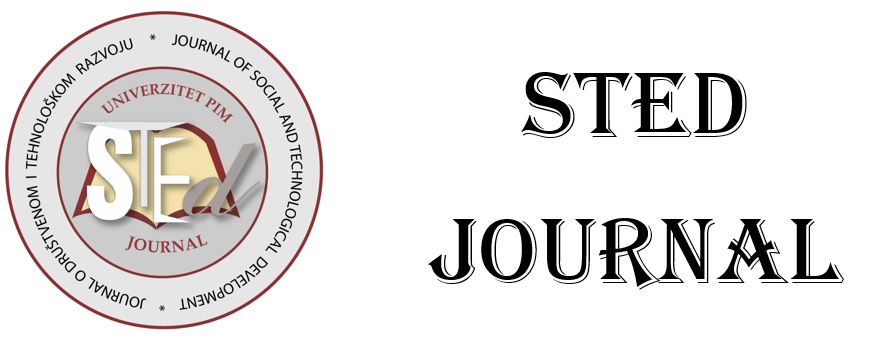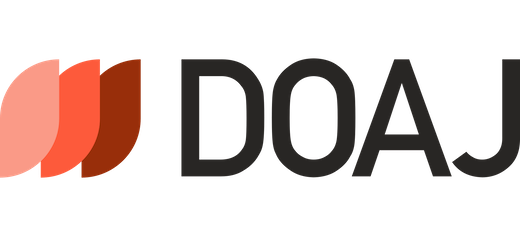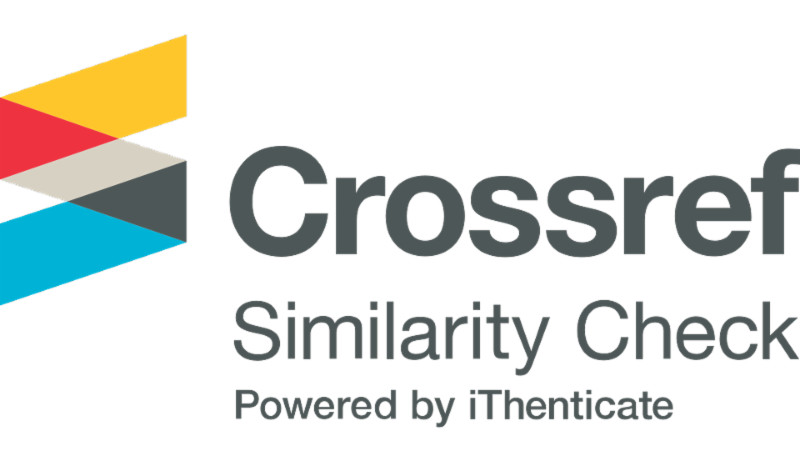
More articles from Volume 4, Issue 2, 2022
DENTAL IMPLANT MATERIAL (POLYETHERETHERKETONE, TITANIUM AND ITS ALLOYS, ZIRCONIA)
TESTING OF SMALL HOUSEHOLD BIOMASS BOILERS FROM THE ASPECT OF WASTE GAS EMISSIONS
OFFERING SERVICES BASED ON DATA WAREHOUSE AS A NEW TREND IN THE WORK OF PUBLIC ADMINISTRATION
GENDER DIFFERENCES OF SOCIOSEXUAL ORIENTATION IN THE CONTEXT OF PERSONALITY TRAITS
B&H CITIZENS’ PERCEPTION AND ATTITUDES ABOUT CORRUPTION IN THE WORKPLACE
Article views
OFFERING SERVICES BASED ON DATA WAREHOUSE AS A NEW TREND IN THE WORK OF PUBLIC ADMINISTRATION
International University Travnik , Travnik , Bosnia and Herzegovina
Council of Ministers of Bosnia and Herzegovina, Ministry for Human Rights and Refugees , Sarajevo , Bosnia and Herzegovina
International University Travnik , Travnik , Bosnia and Herzegovina
PR SYSTEMFINITY , Belgrade , Serbia
Received: 04.10.2022.
Accepted: 02.11.2022. >>
Published: 30.11.2022.
Volume 4, Issue 2 (2022)
pp. 21-28;
Abstract
The subject of the research is the analysis of services that should be offered by public administration toward legal entities and natural persons. We will suggest that it uses real-time intelligent IT systems based on data storage based on the data warehouse. Our opinion is that such systems implemented in the public administration of Bosnia and Herzegovina could offer an appropriate service to each user at a time when they need the service in a form that suits them, on the spot where he is in the moment of delivery and in the quantity that he needs. In order for a public administration to be able to offer an appropriate service, it must know its users much better and know which service they need at what time. In this paper, we analyze self-service as well as the necessary activities for all that. These are all activities that should be carried out in the future, and this work could contribute to the implementation of these processes.
Keywords
References
Citation
Copyright
All papers are licensed under a Creative Commons Attribution 4.0 International License.
Article metrics
The statements, opinions and data contained in the journal are solely those of the individual authors and contributors and not of the publisher and the editor(s). We stay neutral with regard to jurisdictional claims in published maps and institutional affiliations.











